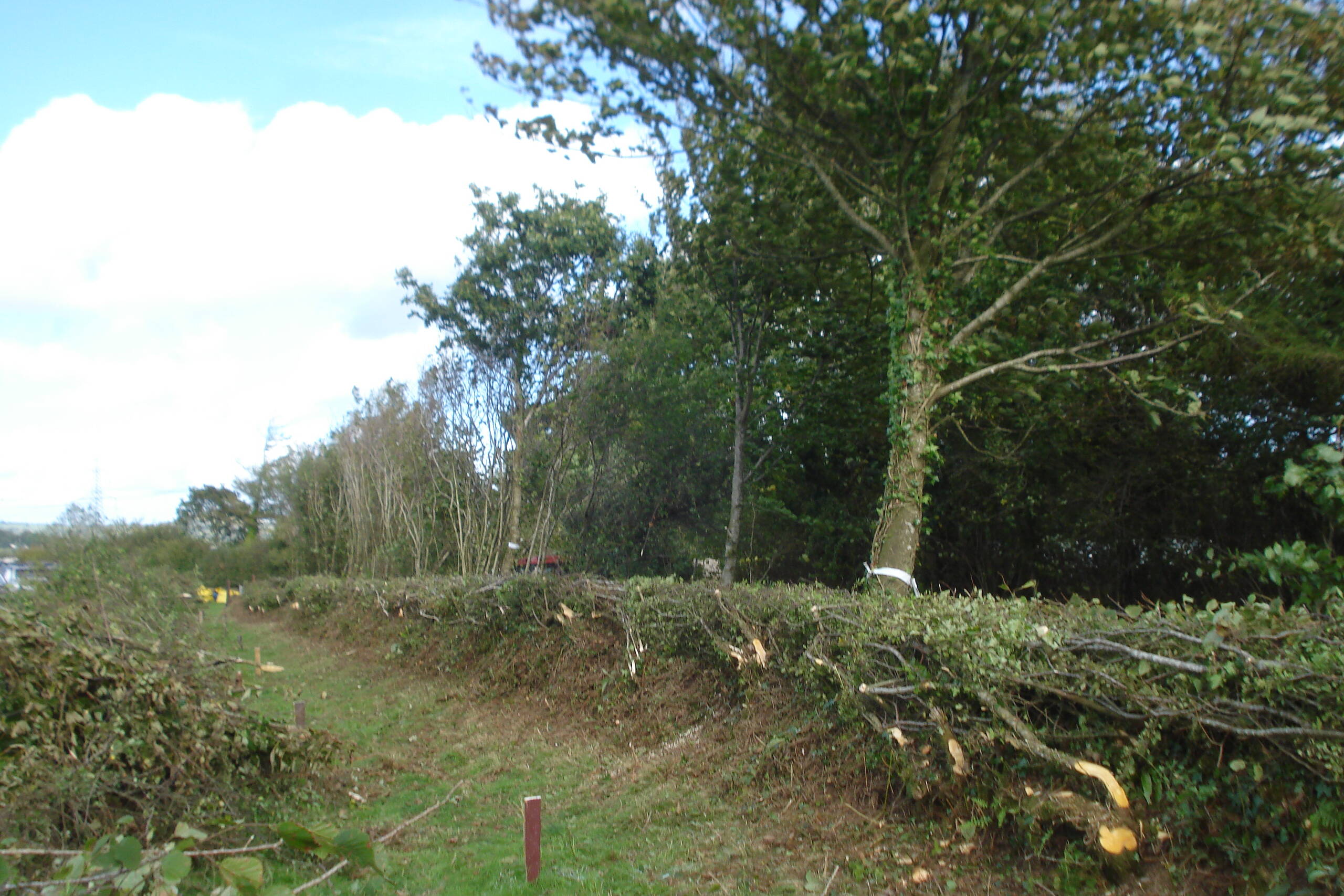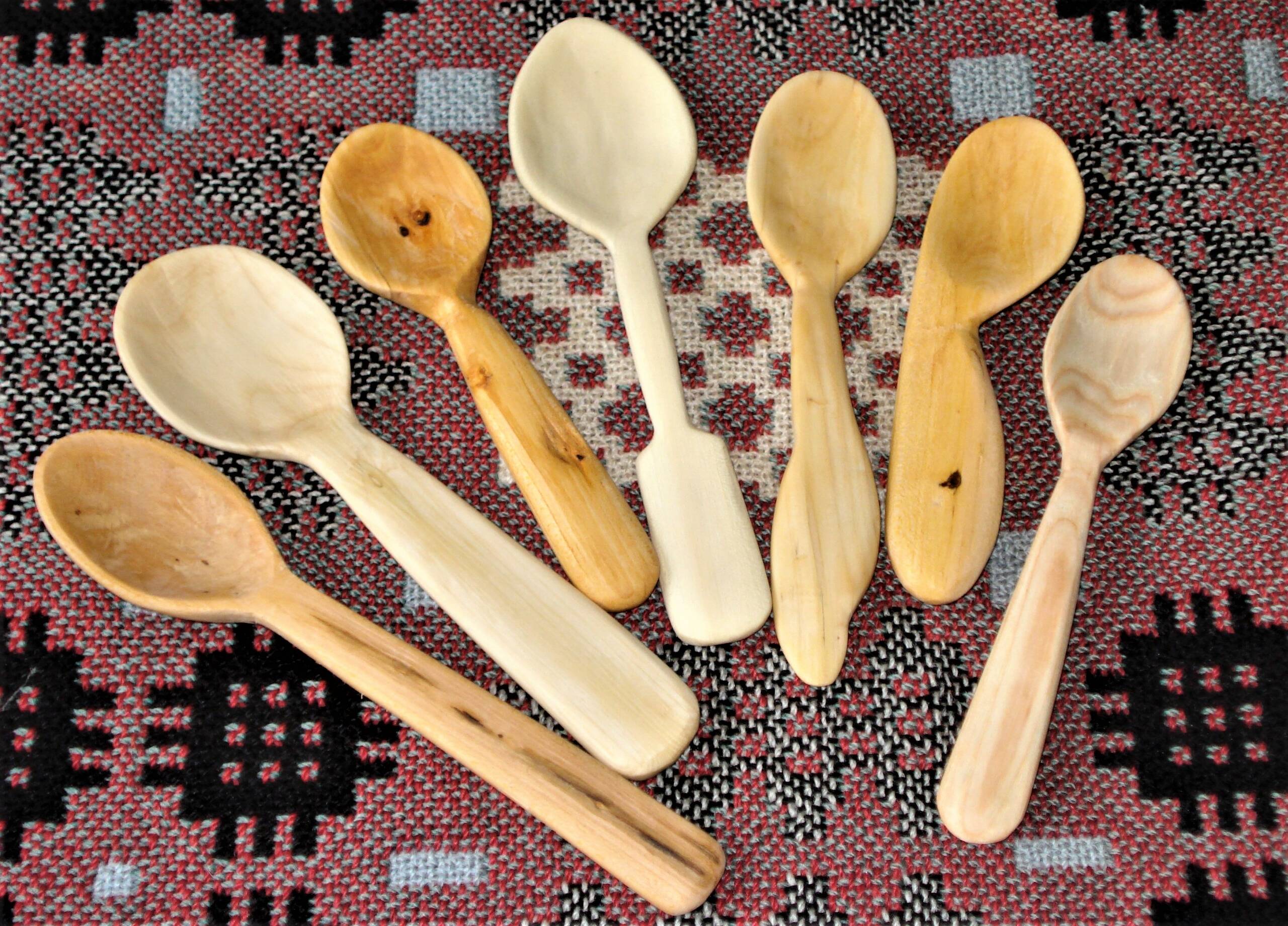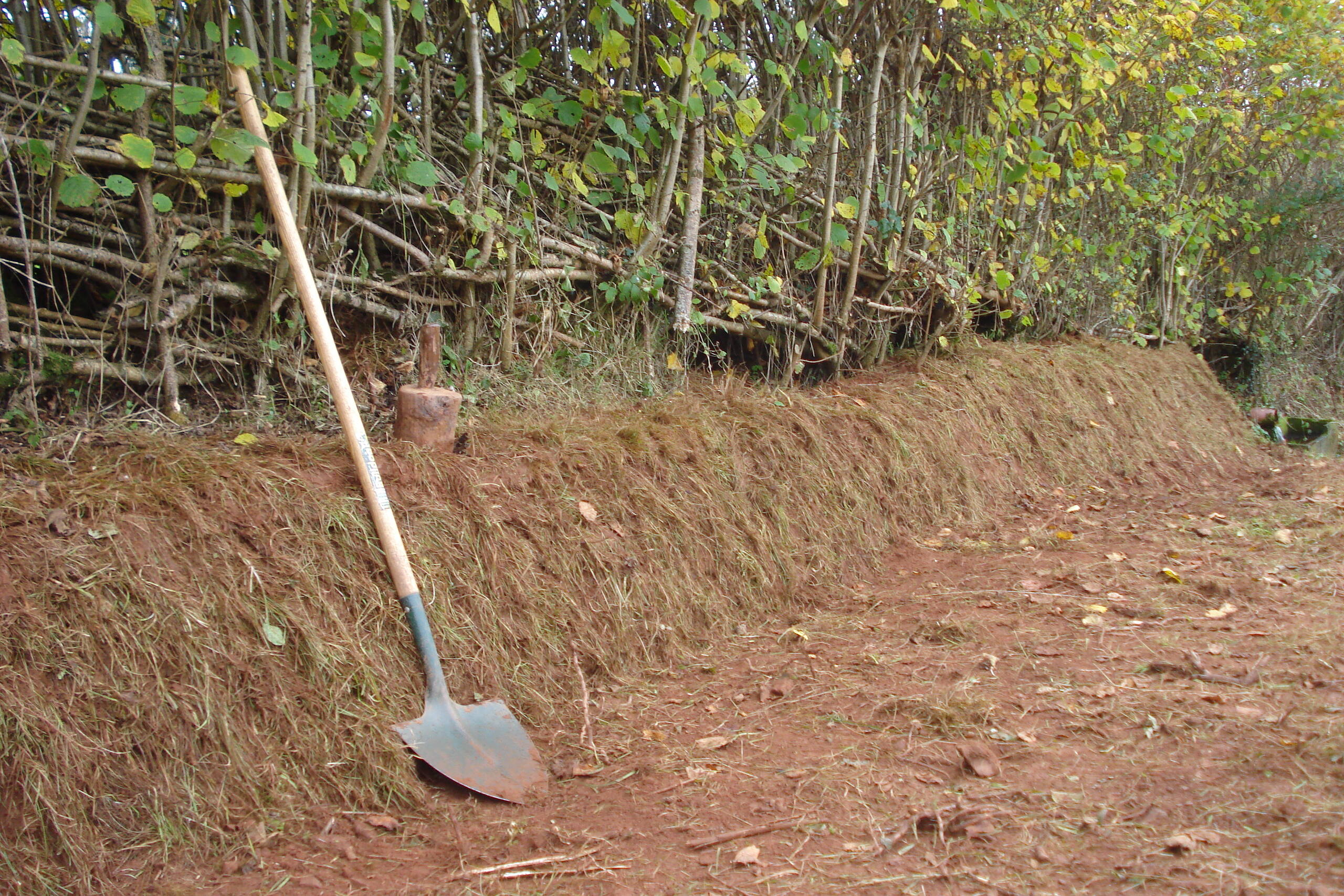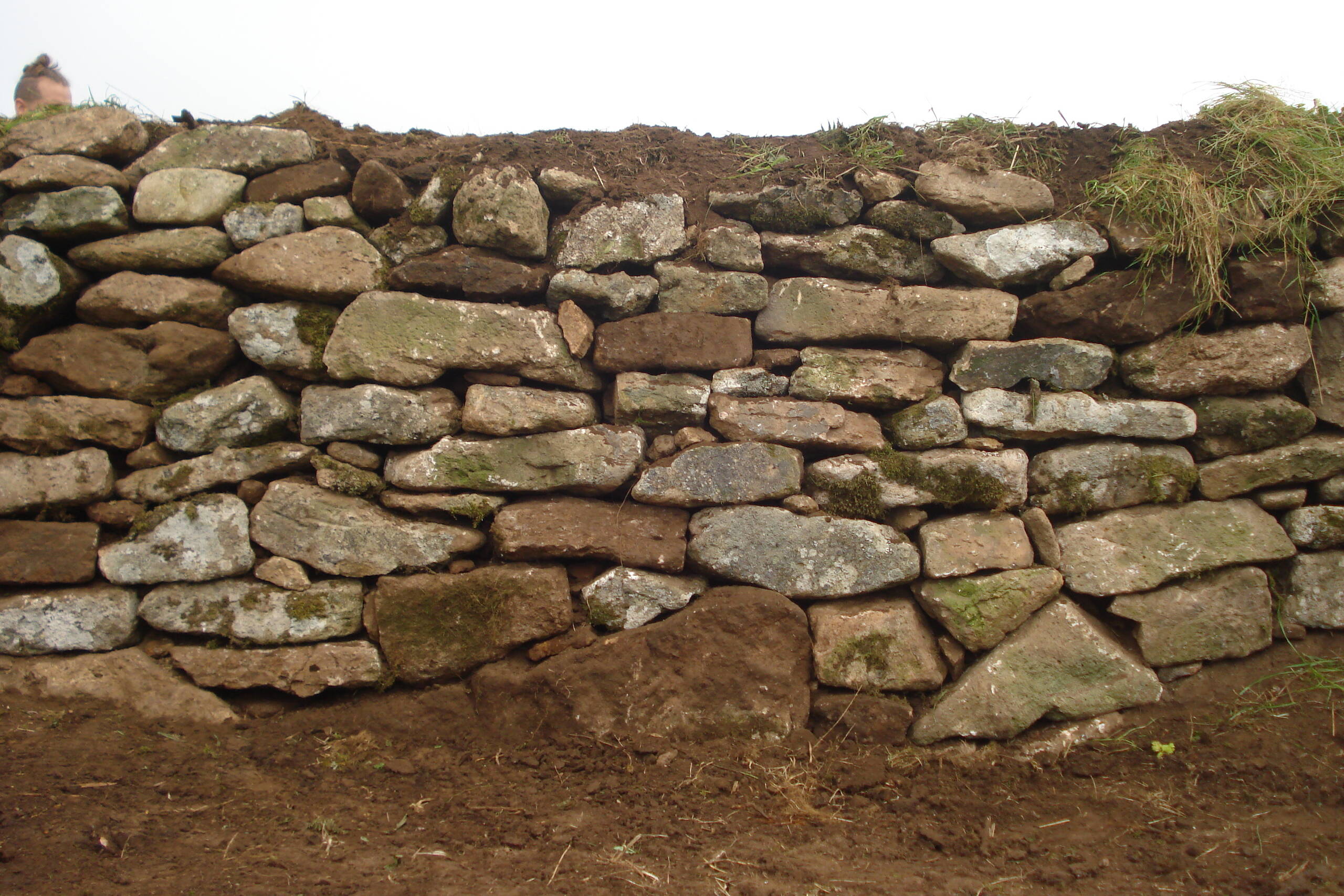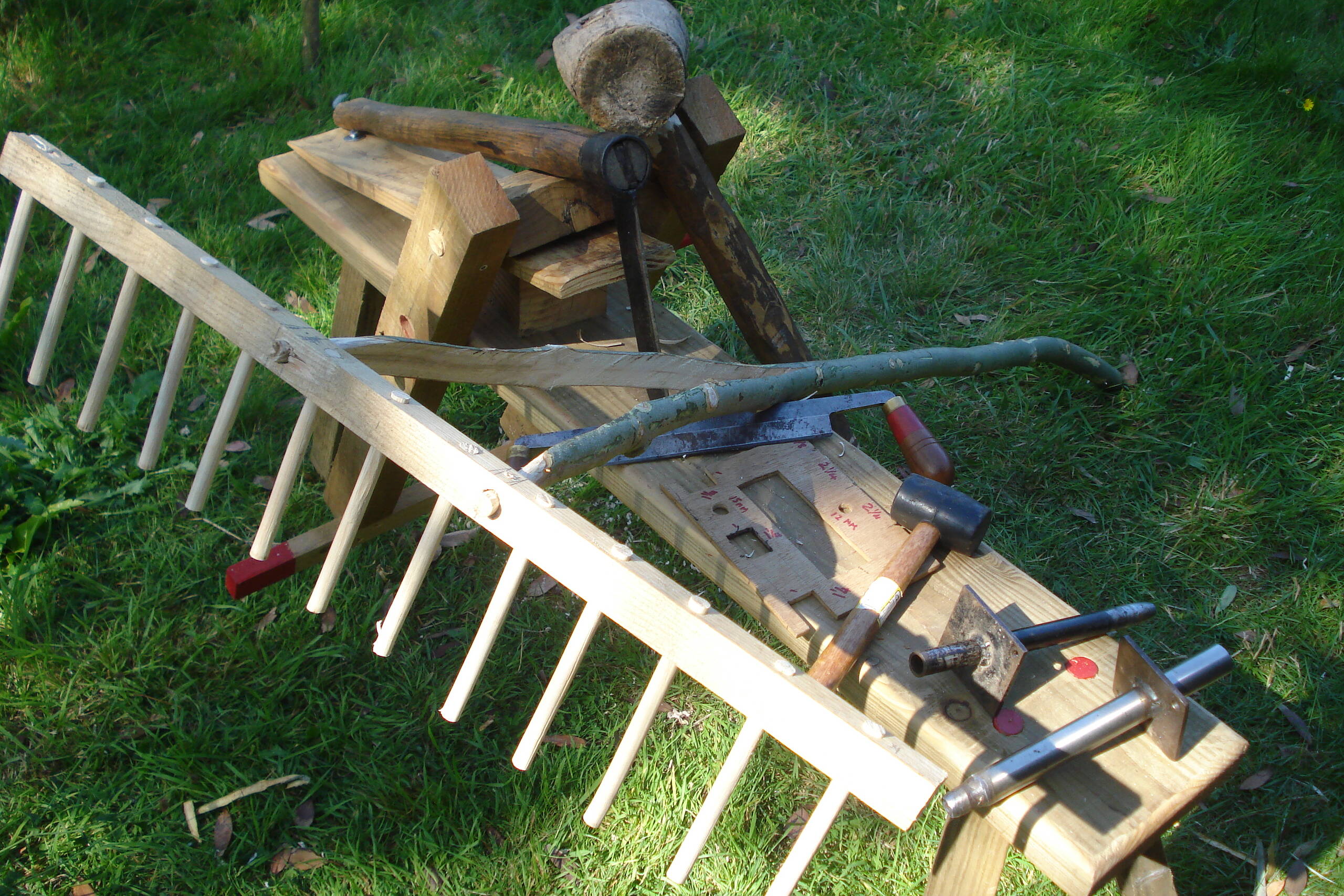Two Devon Hedges
Both of these pieces were written as social media posts for Devon Rural Skills Trust. They are of their moment, and I hope they haven’t dated too quickly; what additions I have made are in square brackets (and my apologies for the repetition). The first site was on a hilltop near Ivybridge, south Devon, with glorious views and the traffic-hum of the A-38 ever present. … Read more
